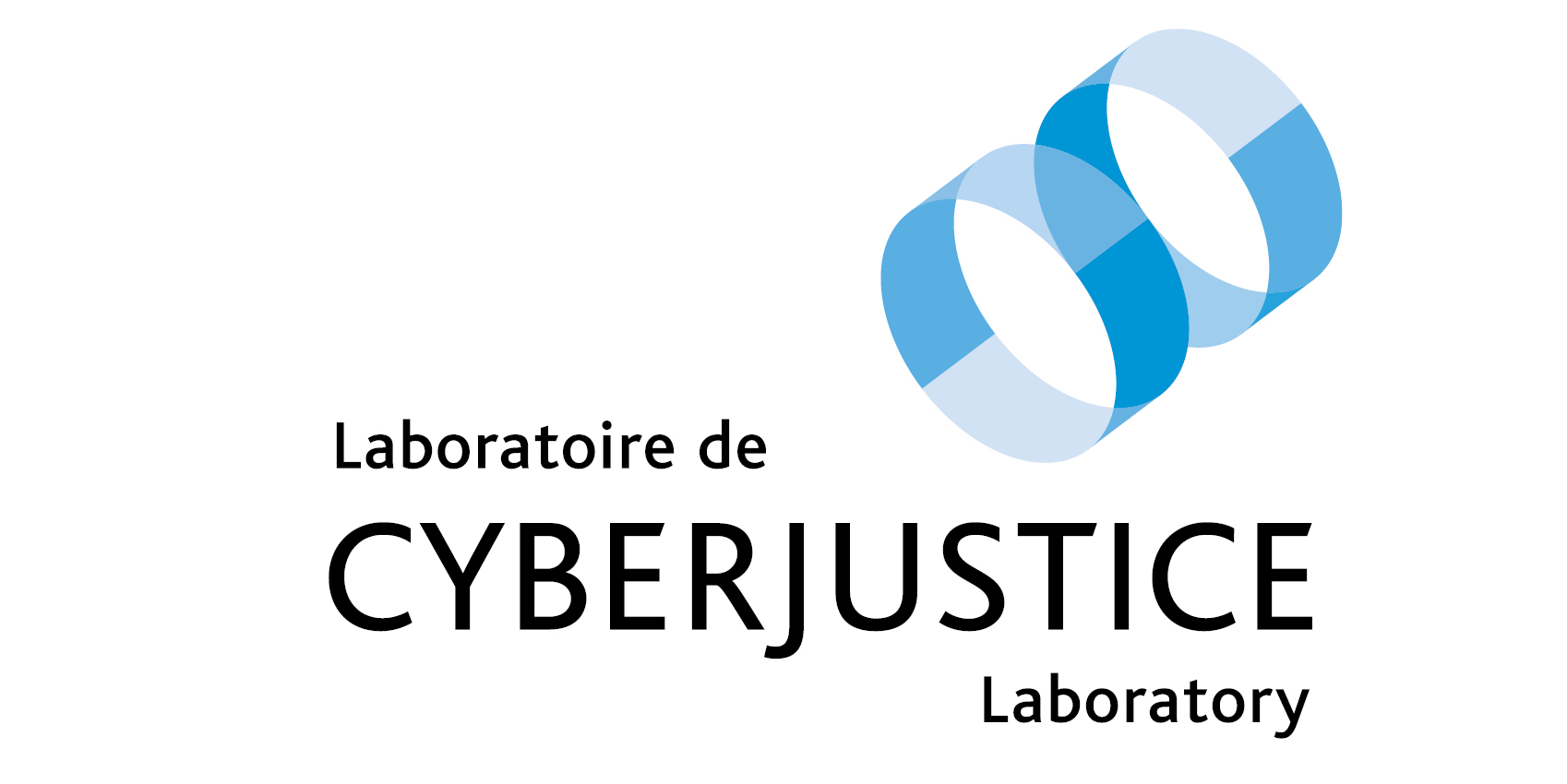Entrevue avec Lea Charbonneau, ancienne auxiliaire de recherche du Laboratoire

Maintenant passant son barreau, l’ancienne auxiliaire de recherche Lea Charbonneau, nous livre son témoignage quant au Laboratoire de cyberjustice. Dans une entrevue avec Martine Boulanger, chargée des communications, la jeune professionnelle partage ses moments forts, ses impressions ainsi que ses aspirations pour l’avenir.
Hello Lea! First of all, could you start by describing your professional journey?
Hello Martine!
Of course! I completed my LL.B. here, at the Law Faculty of the University of Montreal, in 2017. While in law school, I was actively involved in the faculty life, whether in the Legal Clinic of the University of Montreal, the Garage Legal or the Environmental Committee. Notably, I had the honor of chairing the Women and Law Committee during my last year of the baccalaureate. Besides my law degree, I also completed an Innovation Management program at the London School of Economics in 2017.
The same year, I joined IMK, a boutique law firm that specializes in litigation and dispute resolution. After completing my articling there in 2018, I had the immense pleasure of joining their amazing team as a lawyer.
At the moment, I am pursuing a Juris Doctor at the University of Montreal with the aim of developing a critical approach and perspective on the Canadian bijural system.
Why did you choose to work for the Cyberjustice Laboratory?
Several factors motivated me to work for the Cyberjustice Laboratory alongside my studies at the Juris Doctor.
During my articling, I got to attend hearings in the courthouse, which made me realize just how much the current justice system is in dire need of modernization and optimization. Surely, I thought, the integration of information technologies alone could greatly improve access to justice.
As a litigation lawyer who will regularly visit courts in the coming years to represent clients, I was interested in knowing more about the research being done at this level and on future technologies that will be implemented to facilitate access to justice.
But above all, the objective of the Lab to promote access to justice resonates with me. While in law school, my work at the Legal Clinic of the University of Montreal has allowed me to grasp the importance of this issue. I quickly came to the realization that access to law and justice is not a resource equitably distributed among the population.
Can you tell me more about the ACT Project?
The Autonomy Through Cyberjustice Technologies (ACT) project is a unique research partnership in artificial intelligence and cyberjustice. Its main purpose is to benefit litigants by leveraging artificial intelligence to prevent and resolve conflicts.
To do this, the researchers will undertake, over the span of six years, 16 subprojects that will help to better understand the socio-legal and ethical issues related to the integration of artificial intelligence in the justice system.
The project also aims to design and test innovative technological tools designed to be used by litigants to prevent and resolve their conflicts, such as predictive algorithms, chatbots, and online conflict resolution platforms.
What are some of the most important researches you’ve worked on in the past with ACT project?
During my time at the Cyberjustice Laboratory, I was mostly involved with the first working group whose focus is on exploring technological means that enable litigants to prevent the occurrence of a conflict, and more specifically with the Subproject 1 called “Pre-Conflict Decision Tools: Orienting Litigants and Defendants”. Among other things, I worked on a literature review on the various conflict avoidance tools used around the world.
How do you envision the future of ACT project in 5 years?
I have no doubt the ACT project will have a significant impact on the practice of law in Quebec as it is understood today. Specifically, I believe the litigation lawyer’s role will evolve over the next few years to adapt to new technologies that will be implemented. The good practices that the ACT project will develop over the course of the project will certainly be useful to lawyers when the time comes to learn how to use these technologies.
As a law student and a lawyer, what do you get out of your work for the Laboratory?
Today, as I will shortly conclude my studies, I can attest that my work for the Cyberjustice Laboratory has irrevocably forged my vision of the practice of law for the future. I was given the opportunity to have a front-row seat to witness the advanced technologies that one day will radically change the nature of the profession. But more importantly, I am grateful to have had the chance to work alongside passionate people who are determined to make justice more accessible.
On a professional level, do you have any aspirations or goals?
For now, I am eager to return to work full time for IMK. After completing the JD program, I hope to develop a general litigation practice, with an interest in commercial and real estate litigation. I am confident my short-term stay in the research community will have a long-term impact on my practice and future clients will benefit from the learning I have made within the Cyberjustice Laboratory.
Thank you for your time Lea and good luck with all these fascinating projects!
Ce contenu a été mis à jour le 25 juillet 2019 à 10 h 50 min.
